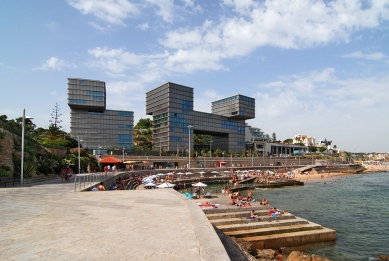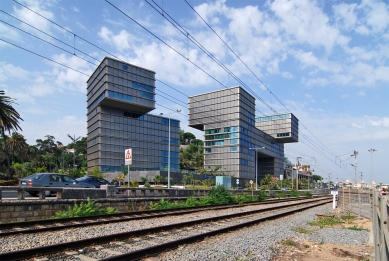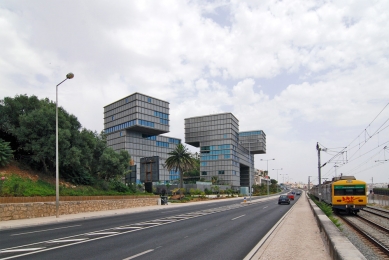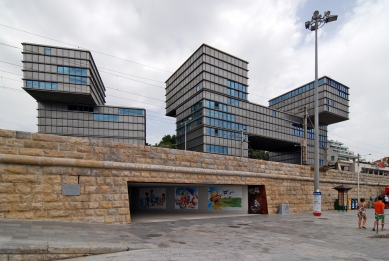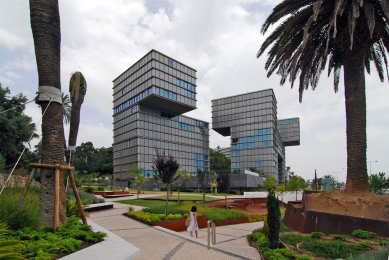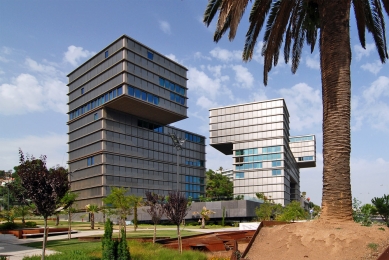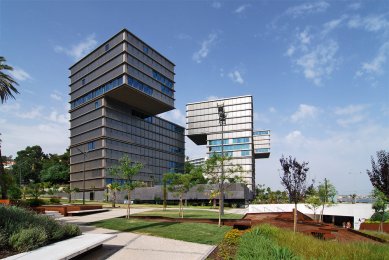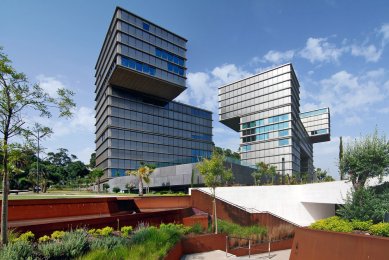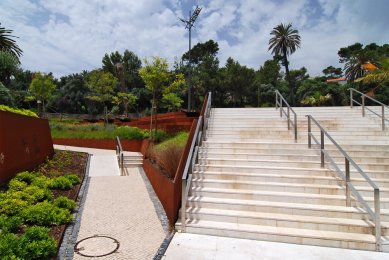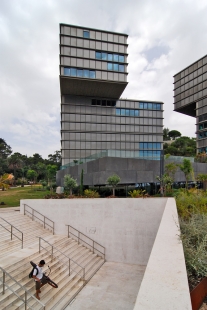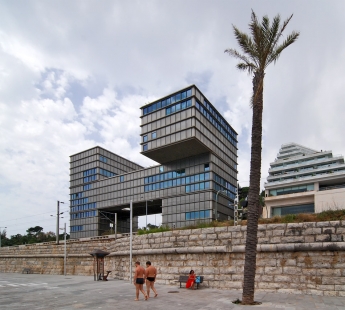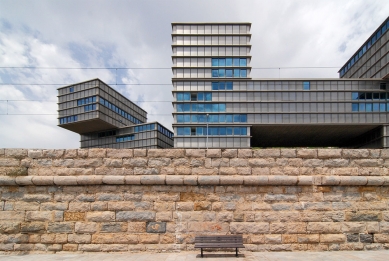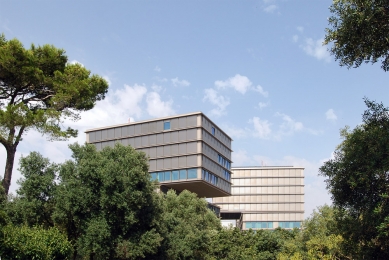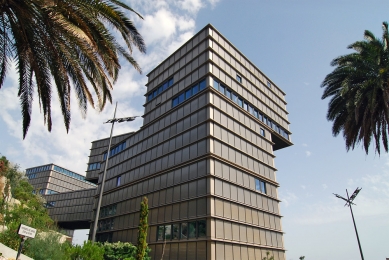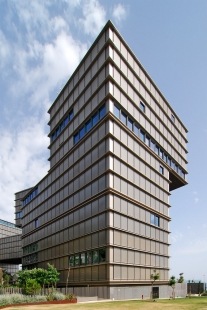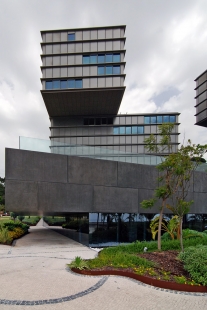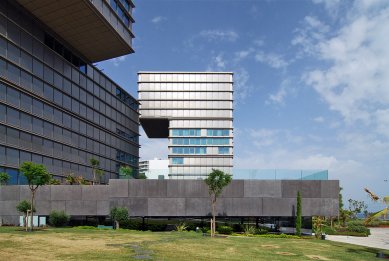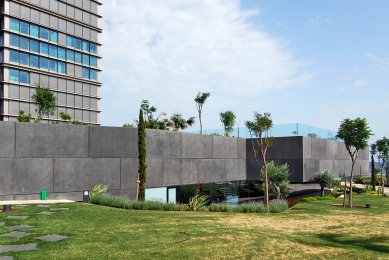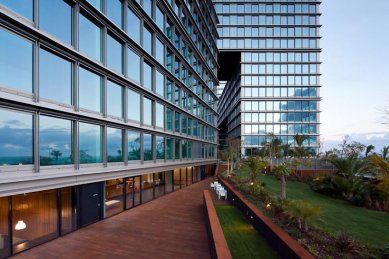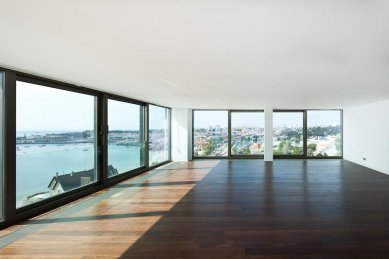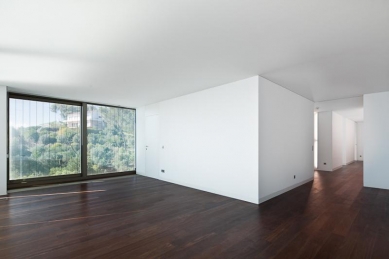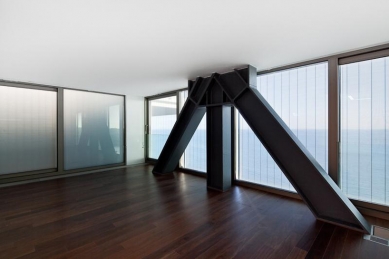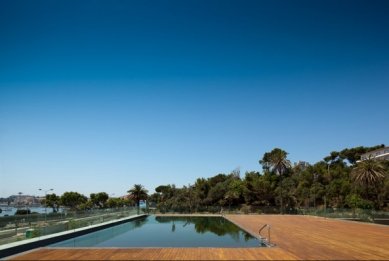
Estoril Sol Residence

 |
The implementation of this residential hybrid designed by Gonçalo Byrne proved to be a controversial and difficult process. Located by the sea in a site previously occupied by the Hotel Estoril-Sol, an icon of 1960’s Portuguese modernism, the new project raised concerns of intervention ethics regarding the transformation of the territory and the confrontation with the public memory of the place.
Urban space is often a stage for all kinds of conflict and tension, from the desire to promote a participated built environment to the respect for private initiative, between a sense of authorship and the expectations of the public towards the landscape that they inhabit. And here we recognise a project that represented a conflict for its own architect, as we can sense from Byrne’s concerns regarding the demolition of the previous building and the many urban and typological constraints that were pre-imposed to his design.
To propose an architecture of urban dimension is to negotiate, so often, contradictory interests and relationships, of connection and segregation, privacy and public life. Such endeavour calls for a driving urban critical vision, establishing diversity and functional intensity and still exercise its own sense of individuality. And maybe we should learn from the solemn attitude of Gonçalo Byrne who challenges us beyond the easy approach of a recognisable personal aesthetics.
The new Estoril-Sol is a building that defies tradition to propose new possibilities, a renewed experience of place. It’s a distinctive landmark that emphasizes its visual importance and sense of hierarchy. This is a compact hybrid of infrastructural nature and dimension, a dominant figure over the landscape. Harmonious or contrasting, this is an architecture that denies limitations of style or the representation or archetypes to suggest a critical sense of modernity.
0 comments
add comment


